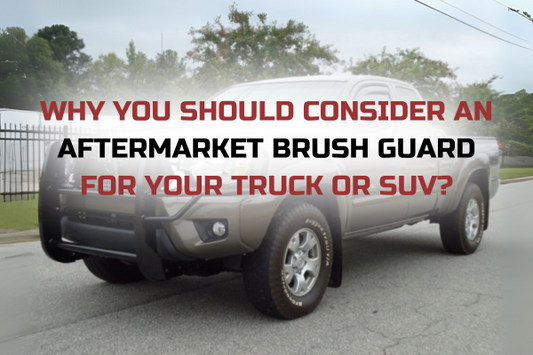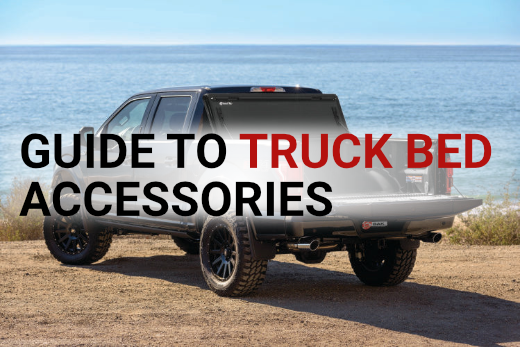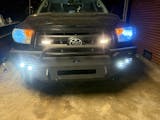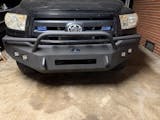Different Types of Bumpers
When adding a Steel Front Bumper to your vehicle, the research before hand is always very important. Some details to be consider are differences between steel and other materials, the durability of those materials, how each might affect how you drive, and what bumper accessories are compatible.
Factory Bumpers VS. Steel Bumpers
Factory-installed bumpers are not top of the line. Typically, the consist of a minimum amount of steel or aluminum underneath a bumper cover, which generally made of plastic. Factory bumpers are also not built to be outfitted with accessories such as winches or lights. For greater strength, cool and useful accessory options, and an overall better look for a vehicle, an Aftermarket Steel Bumper often makes the most sense.
Steel Bumpers VS. Aluminum Bumpers
Properly designed, both steel and Aluminum Bumpers can excel during off-road use. That said, aluminum is not the best option if you’re into rock climbing as impacts tend to weaken aluminum bumpers by causing undue straining on the rivets and welded areas. Steel, however, can be dented without any sort of effect on the strength of bumper. Now if you go muddin often, aluminum is great. It won’t rust or corrode like steel will. Aluminum is also lighter than steel, and does not change your vehicle’s ride quality nearly as much, and even that little bit of weight difference can change the way your mud riding might go. Even with all that, steel remains a great choice for an Off-road Bumper if you’re not entirely sure how you’ll use your vehicle. Just note that you understand that adding a steel bumper to your vehicle can change the ride quality so drastically, you might want to upgrade the entire suspension of your vehicle to compensate.
The Pros and Cons of Factory Bumpers and Aluminum Bumpers
Factory Bumper Pros
- Don’t rust or degrade just from being outside.
- Light-weight.
- No added or noticeable weight to your vehicle.
- Easiest to install and replace yourself if ever needed.
Factory Bumper Cons
- No where near as durable steel, particularly when going off-road.
- Very difficult to install accessories.
Aluminum Bumper Pros
- Handles water and mud with no rusting or problems
- Comparably light and affects the ride very little.
- Comes equipped with mounting hooks for accessories.
Aluminum Bumper Cons
- Aluminum does not fare well against rocks and boulders.
Pros and Cons of Steel Front Bumpers
Steel Front Bumper Pros
- Has pre-drilled holes for more accessories such as off-road lighting, winches, tow hooks and more.
- Lots of styles, and with adding different accessories, even better looks can be made. With the strength of steel, dents, scratches and dings are no cause for concern.
- Built to last a lifetime. Even if the surface is old and rusted, the bumper itself will continue to last
- Types compatible with off road driving available
Steel Front Bumper Cons
- The very heaviest bumpers. Added weight to your vehicle, changes the way it rides and drives.
- Difficult to install alone.
- While still useful with surface rusting, long term rust will eventually get the better of a Steel Bumper.
- Very difficult to repair any dents and dings.










